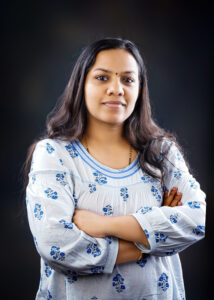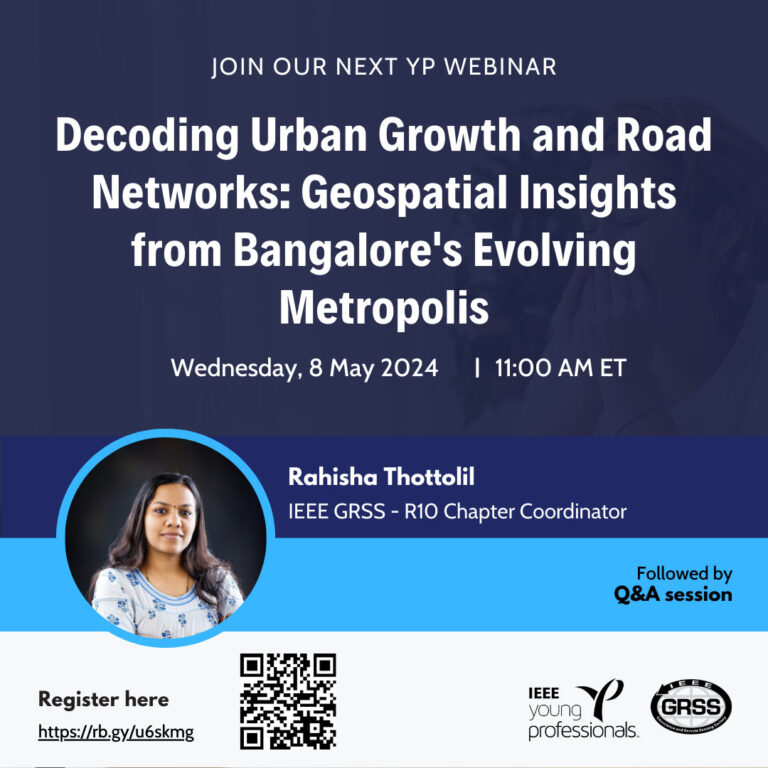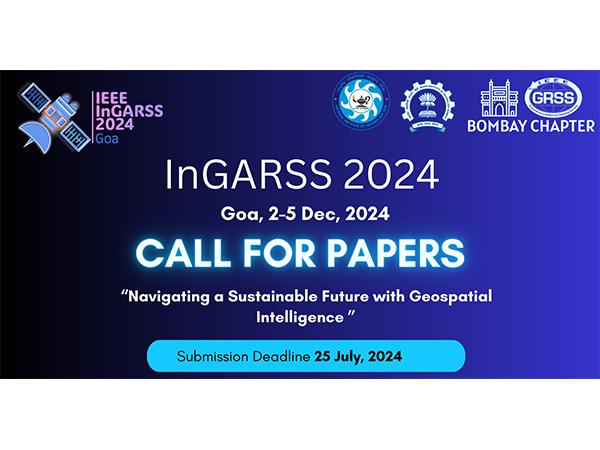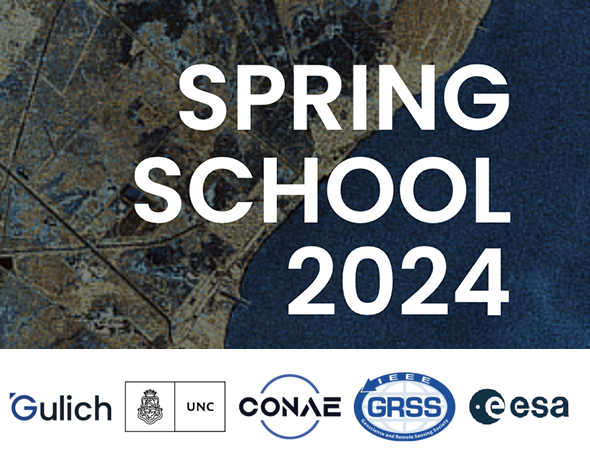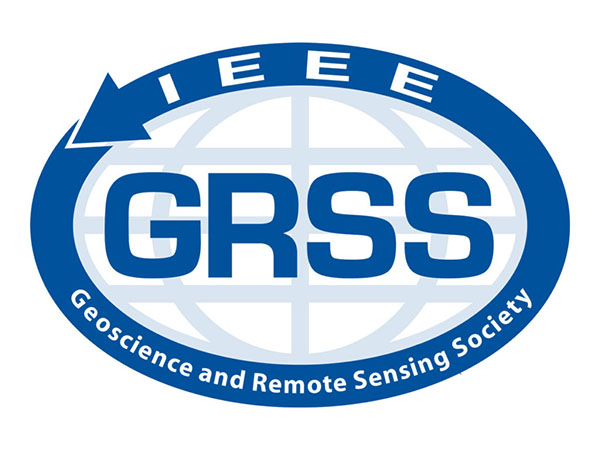Mrs. Rahisha Thottolil is pursuing PhD in Spatial Data Science from the Spatial Computing Laboratory, International Institute of Information Technology Bangalore (IIITB). She has received M.Tech degree in Geoinformatics (2016) from Visvesvaraya Technological University (VTU) and B.Tech in Civil Engineering (2009) from Government College of Engineering, Kannur. Her contribution was an integral part of shoreline prediction model in Mangalore region during her master thesis. She had research experience at the National Institute of Technology Calicut, CSIR Centre for Mathematical Modelling & Computer Simulation, Karnataka State Remote Sensing Applications Centre and Institute for Social and Economic Change. She has worked on various geospatial projects such as climate change and its impact studies and coastal zone management, multi-modal Vegetation Index analysis, Field Margin Vegetation mapping and urban studies. She received UGIT Young Technologist Award in 2015, University Honour in the 2014-2016 batch, best paper awards and authored several journal papers, book chapters and international conference papers. Her research interest includes Python for geospatial applications, AI & ML applications for spatial problems, urban sprawl, spatial pattern recognition to take on more challenging real-world problems in her research and strengthen her career as Geospatial Data Scientist.
